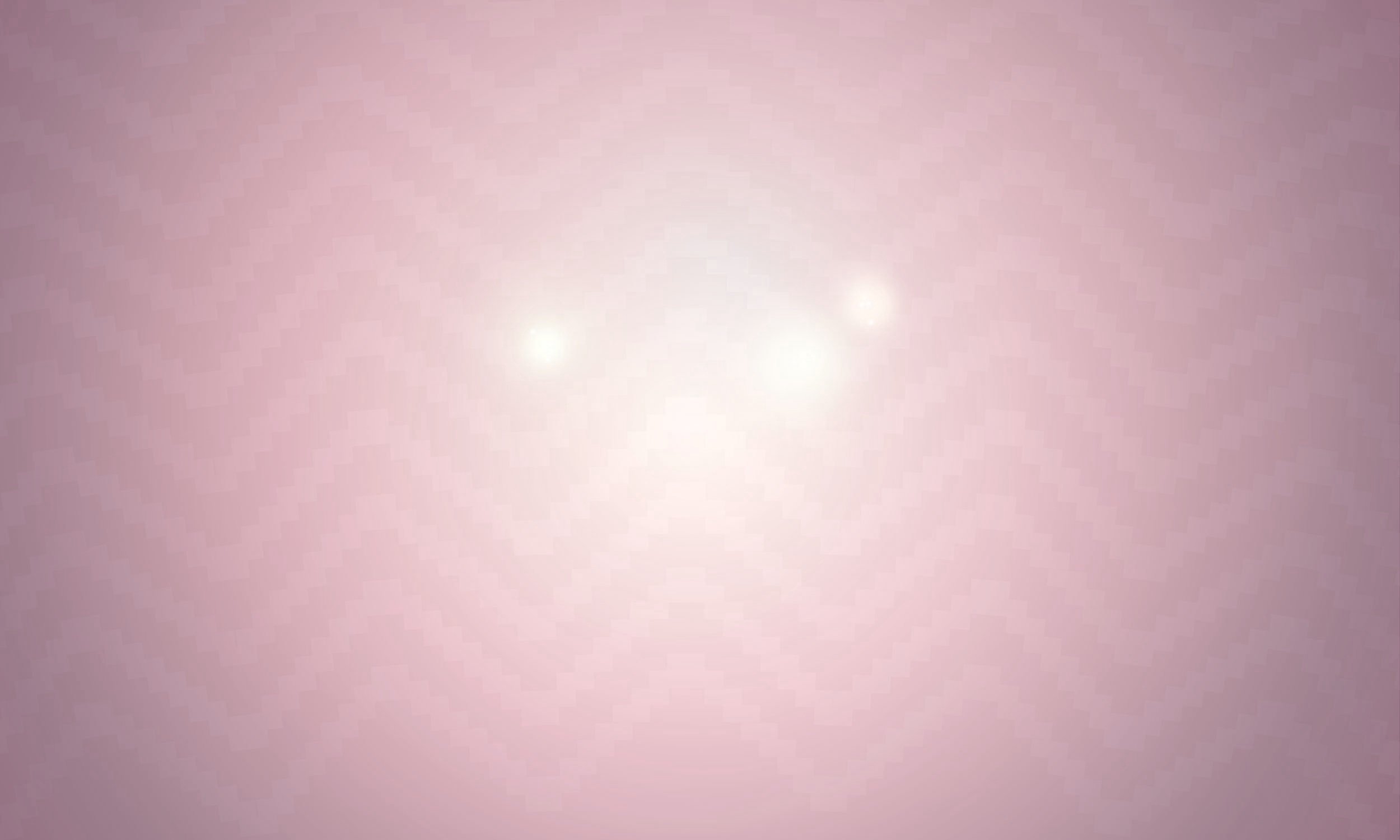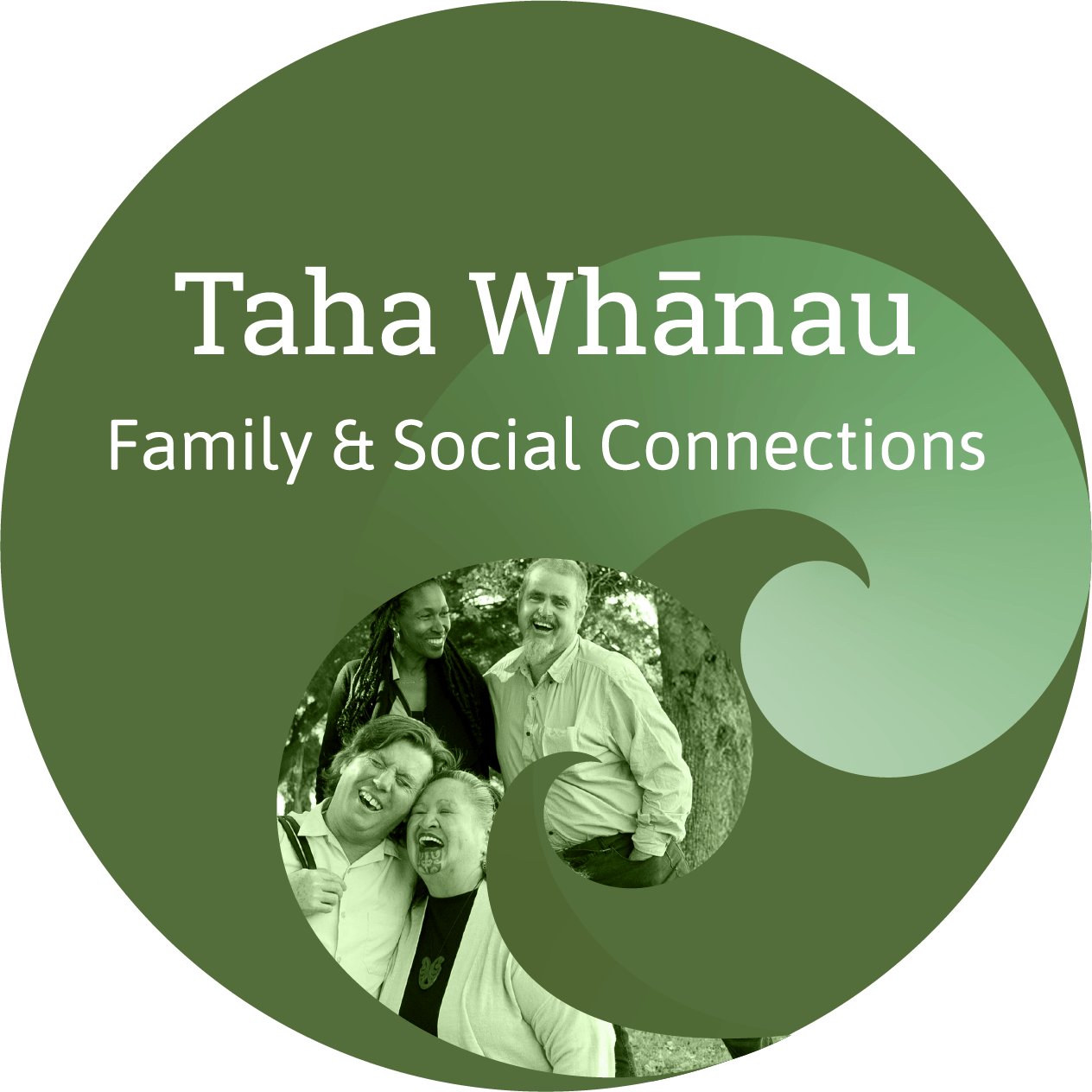
Our mission:
To improve the hauora of people living with HIV, and ageing, by providing:
non-clinical information and tools for Kaimahi | Support Workers
information and support for the holistic needs of people living and ageing with HIV, and whānau.
This website is grounded in te Ao Māori hauora (Māori worldview of health and wellbeing) and is founded on respect and compassionate care. The medical information within this site has been verified by a qualified healthcare professional.
On this page:
Who is this website for?
Kaimahi | Support Workers
The website has a section dedicated to Kaimahi | Support Workers. Included is information and tools on how to best support people living with HIV as well as the opportunity to test your knowledge and receive a certificate of completion.
People living with HIV
For people living with HIV, the website has four areas of hauora - taha tinana, taha hinengaro, taha wairua, and taha whānau where you will find information, understanding, validation, and practical support around your holistic wellbeing.
Because our wellbeing is interconnected, there is no particular order to view these areas. If you are looking for something specific, use the Kete o te Wānanga | Resources Library to search for what you need or the footer contains quick links to all the topics covered on the site.
Ageing with HIV isn't just about survival; it's about thriving—embracing life with open arms, seizing every opportunity, and living with purpose and passion.
Kete o te Wānanga | Resources Library
Kete o te Wānanga | Resources Library holds all the links and PDFs shared throughout the entire site along with external links to other information and services. You can browse the content or search by name or topic to find what you are looking for. The website footer contains quick links to all the topics covered on the site.
You can explore pages, listen to audio narrations, watch the videos of the lived experiences of people living with HIV, and hear the insights of Kaimahi working in aged-care.
Thanks to HIV medication, there are thousands of people in Aotearoa over the age of 50, who are living well with HIV.
HIV and ageing in Aotearoa NZ
It is estimated that by 2030, 72% of all people living with HIV in Aotearoa will be aged 50 or older. However, HIV has only been known about for the last 40 years so we are still learning about the long-term effects of HIV, HIV treatments and what happens as people living with HIV, age.
Studies are finding people aged 50+ years can start to develop other health conditions, in particular conditions relating to ageing, 10-15 years earlier than people who do not have HIV. This means it is likely that people living with HIV may require care and support at an earlier stage of their life.
While most organisations have policies and education on the management and control of blood-borne infections there is no training around HIV stigma and discriminating behaviours.
People living with HIV can live as long as someone who does not have HIV but may need more support, earlier, than other people who don’t have HIV.
Background
In 2023, we conducted research, Ngā Taipakeke o te Urutā to better understand the needs of people living with, and affected by, ageing and HIV. Recommendations from the research identified an urgent need for education to address misconceptions and negative attitudes around people who live with HIV, specifically for Kaimahi who may not have had to consider HIV before.
We also learned that people living with HIV need more information about ageing and HIV which takes into consideration their hauora (overall well-being) and, importantly, to be involved in creating the solution. In response, Positive Women Inc initiated Tū Tangata Rite.
Tū Tangata Rite was a community-led project, developed in full collaboration with Māori and people living with HIV. It was made possible by the support of Positive Women Inc, Toitū Te Ao and Burnett Foundation Aotearoa.
We wish to acknowledge and thank our sponsors and collaborators; Te Roopu Kaihono, other people from the HIV community, skilled health practitioners and community leaders for their input, guidance and generosity of time.
We recognise this is just the beginning. More work, and more education is needed if we are to achieve our mission.
























